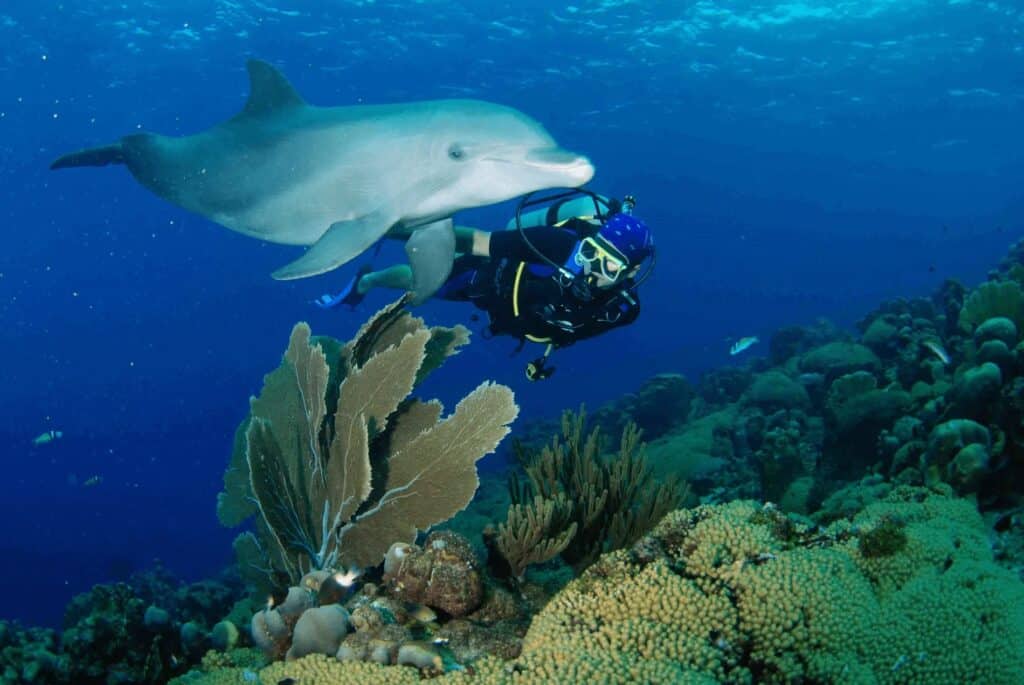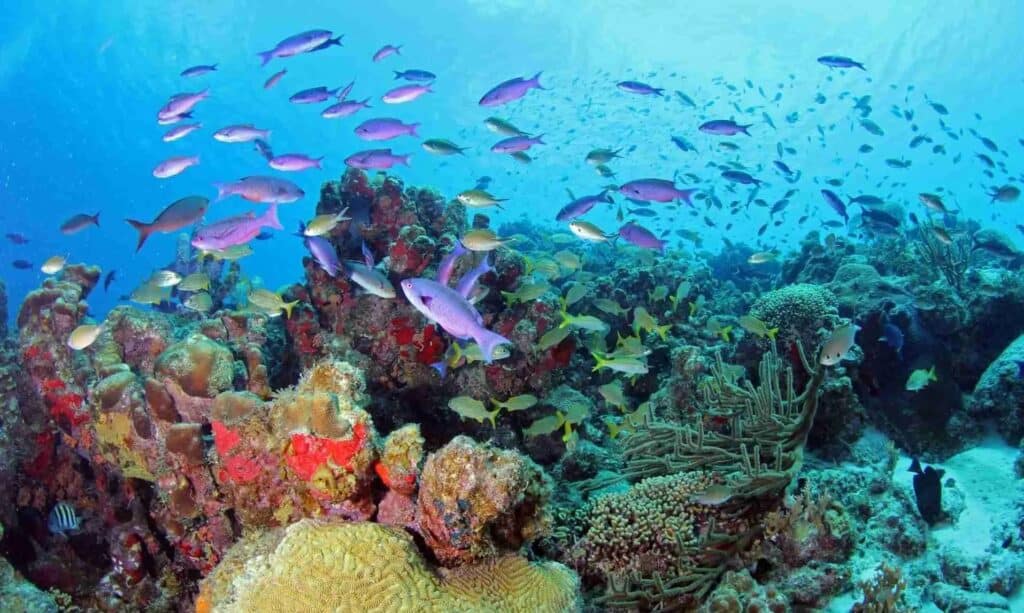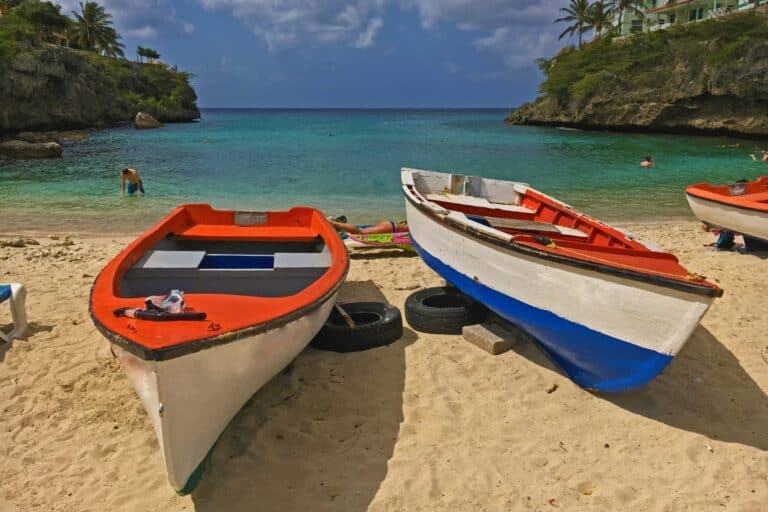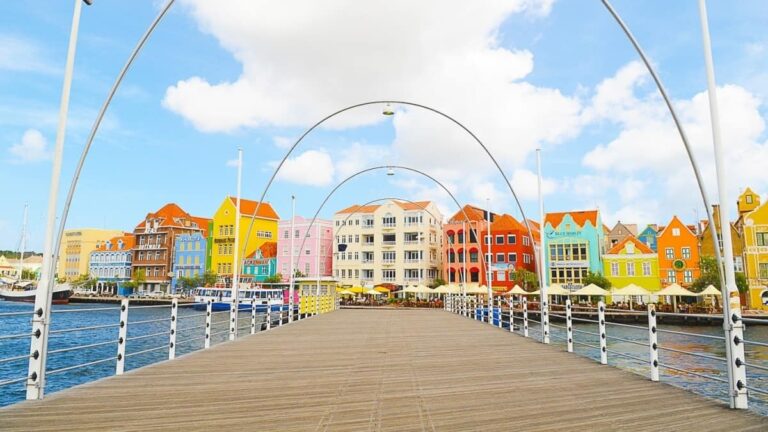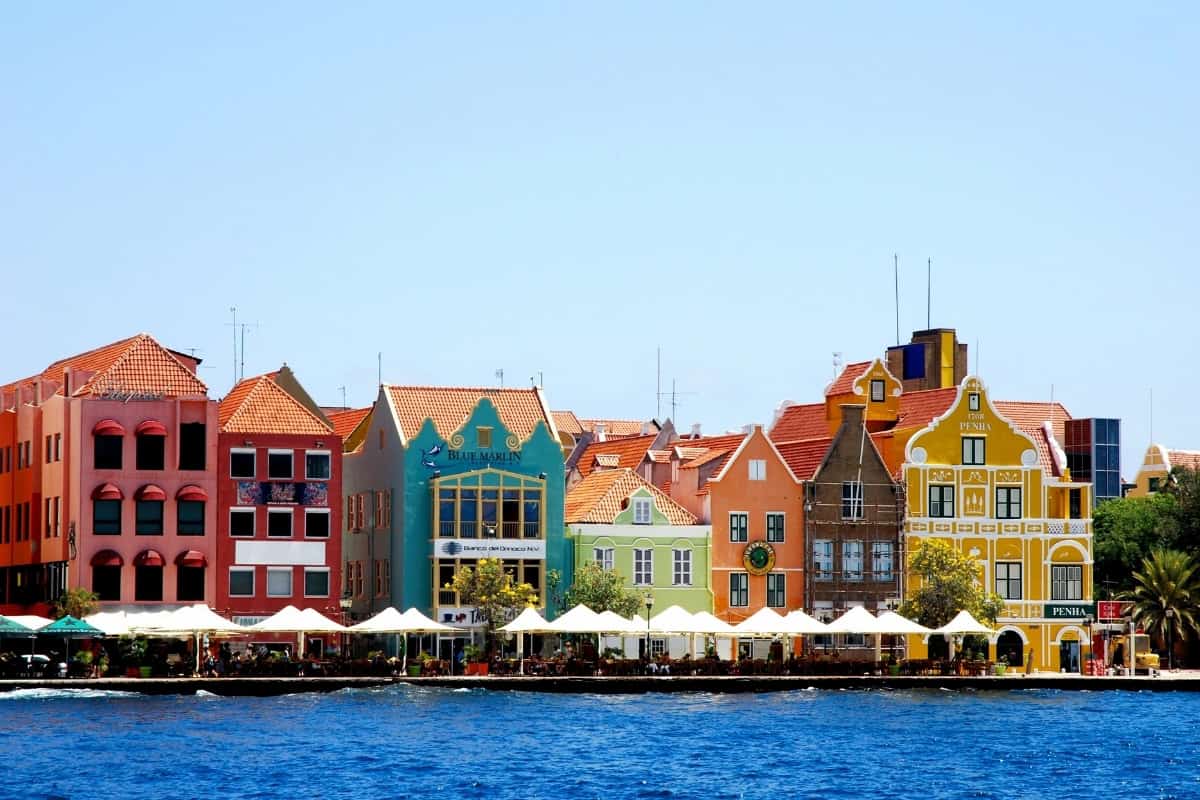
Can you speak English in Curaçao?
Yes, you can absolutely speak English in Curaçao. English is widely spoken on the island, making it easy for visitors to communicate with locals. While Dutch is the official language, and Papiamentu is the common language among residents, English is often used in the hospitality sector, businesses, and educational institutions. This multilingual capability reflects the island’s rich history and diverse cultural influences. Whether you’re asking for directions, ordering food, or engaging in a casual conversation, you’ll find that most people in Curaçao can communicate effectively in English, ensuring a smooth and enjoyable experience for English-speaking travelers.

Luxury car rentals in Curaçao
Experience transparent pricing and exceptional service with Rent Car Curaçao. Choose from luxury vehicles elevate your Curaçao adventure.
Exploring Language Diversity in Curaçao
Curaçao is a fascinating blend of languages, reflecting its rich history and cultural interactions. While English is widely spoken, it’s just one part of the island’s multilingual tapestry. The island’s primary language is Papiamentu, a creole language that developed from a mix of African languages, Portuguese, Spanish, Dutch, and English. Papiamentu is not only a symbol of the island’s identity but also a practical means of communication among its diverse population.
The Role of Dutch and Papiamentu
Dutch is the official language of Curaçao and is used in government, legal matters, and educational systems. You’ll notice Dutch on official signs, documents, and in the media. However, Papiamentu is the heart and soul of daily life in Curaçao. It’s the language of choice in homes, local businesses, and cultural expressions. This creole language emerged in the 17th century as a means for African slaves to communicate, and over time, it evolved into the vibrant language spoken today.
English in Education and Business
English has a strong presence in Curaçao, especially in education and business sectors. Many schools offer bilingual education, and English is a mandatory subject in the curriculum. This ensures that the younger generation grows up fluent in multiple languages, further enhancing Curaçao’s status as a polyglot society. In the business world, particularly within the tourism and hospitality industries, English is essential. Hotels, restaurants, and tour operators frequently use English to cater to the influx of international visitors, making it easy for tourists to navigate and enjoy their stay.
Historical Influences and Language Evolution
The island’s language diversity is deeply rooted in its history. Curaçao was a significant hub during the transatlantic slave trade, and the need for a common language among African slaves and European colonizers led to the creation of Papiamentu. Over the centuries, the influences of Spanish-speaking neighbors, the Dutch colonial administration, and English-speaking Caribbean islands have shaped the linguistic landscape of Curaçao. This rich linguistic heritage is celebrated today, with locals often switching seamlessly between languages depending on the context.
Language as a Cultural Bridge
Language in Curaçao serves as a cultural bridge, connecting the island’s past with its present. Visitors often find that engaging with locals in Papiamentu, even just a few phrases, is met with warmth and appreciation. This linguistic openness is a testament to the island’s welcoming nature and its residents’ pride in their cultural heritage.
While English is widely spoken and understood in Curaçao, the island’s linguistic diversity adds to its charm. Whether you’re navigating through Papiamentu, Dutch, or English, you’ll find that communication is rarely a barrier, but rather a window into the island’s rich cultural mosaic.
The Historical Linguistic Landscape of Curaçao
The linguistic landscape of Curaçao has been shaped by centuries of cultural interactions and historical influences. During the 16th and 17th centuries, Curaçao was a significant hub for the transatlantic slave trade, which brought together diverse groups from African regions and European countries. This period saw the emergence of Papiamentu, a Portuguese creole language that facilitated communication among slaves and between slaves and colonizers. The Dutch language became prominent during the 18th and 19th centuries as the island was a Dutch colony, influencing the administrative and educational systems. By the 20th century, Curaçao’s language policy reflected its colonial history, with Dutch, Papiamentu, and English serving as the predominant languages used across different levels of society.
Multilingual Education and Daily Communication
Today, the Dutch language remains the official language of Curaçao, used extensively in government and education. Primary schools teach in Dutch, ensuring that the younger generation is proficient in this administrative language. However, the majority of daily communication among locals happens in Papiamentu, the island’s native language, rich in expressions and cultural significance. English, introduced through American and British influences, is widely spoken, particularly in business and tourism. This multilingualism extends to Spanish, reflecting Curaçao’s geographical proximity to South America and its interaction with Spanish-speaking neighboring countries. The diverse linguistic landscape makes Curaçao a fascinating place for language enthusiasts and travelers eager to learn Papiamentu with our free guide, embrace Caribbean English, or understand the Dutch creole language.
Can you speak English in Curaçao? - FAQ
Discover the Wonders
of Klein Curaçao
Experience the untouched beauty of Klein Curaçao, a hidden paradise with stunning beaches and rich marine life. Perfect for snorkeling, diving, or simply relaxing in the sun.
Discover Curacao’s Activities with Ease
Understanding the linguistic landscape of Curaçao enriches your travel experience, allowing you to connect more deeply with the island’s culture and people. As an English speaker, you’ll find navigating the island a breeze, especially when exploring the wide range of activities CuracaoTodo offers. Whether you’re interested in historical tours, adventurous water sports, or cultural excursions, our curated selection ensures you make the most of your stay.
From guided tours of Willemstad‘s colorful streets to diving adventures in the crystal-clear waters, each activity is designed to provide an authentic taste of Curaçao. Our guides and staff are fluent in English, ready to assist you and enhance your experience. Embrace the island’s hospitality and diverse cultural offerings by exploring our activities. Visit CuracaoTodo to book your next adventure and make your trip unforgettable.
Popular subjects
Luxury car rentals in Curaçao
Experience transparent pricing and exceptional service with Rent Car Curaçao. Choose from luxury vehicles elevate your Curaçao adventure.
Subscribe to our newletter
Discover the Wonders of Klein Curaçao
Experience the untouched beauty of Klein Curaçao, a hidden paradise with stunning beaches and rich marine life. Perfect for snorkeling, diving, or simply relaxing in the sun.


